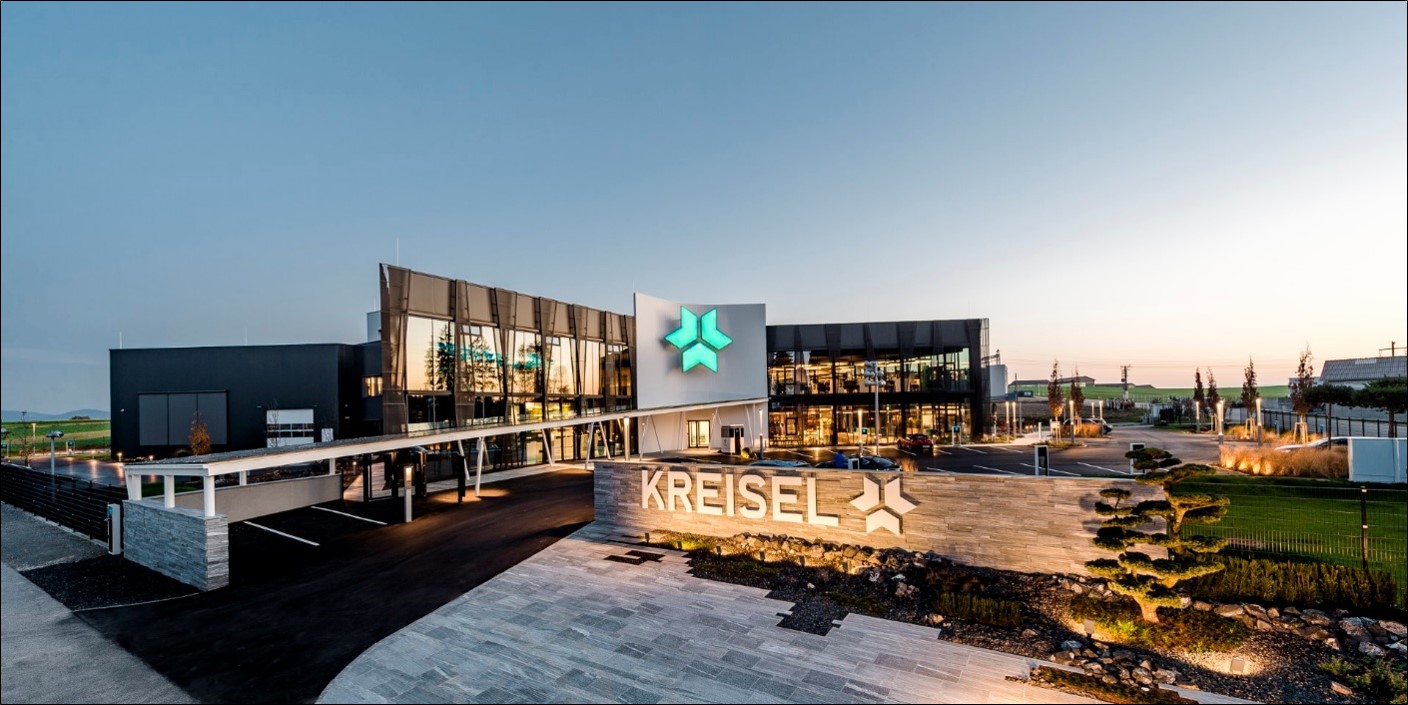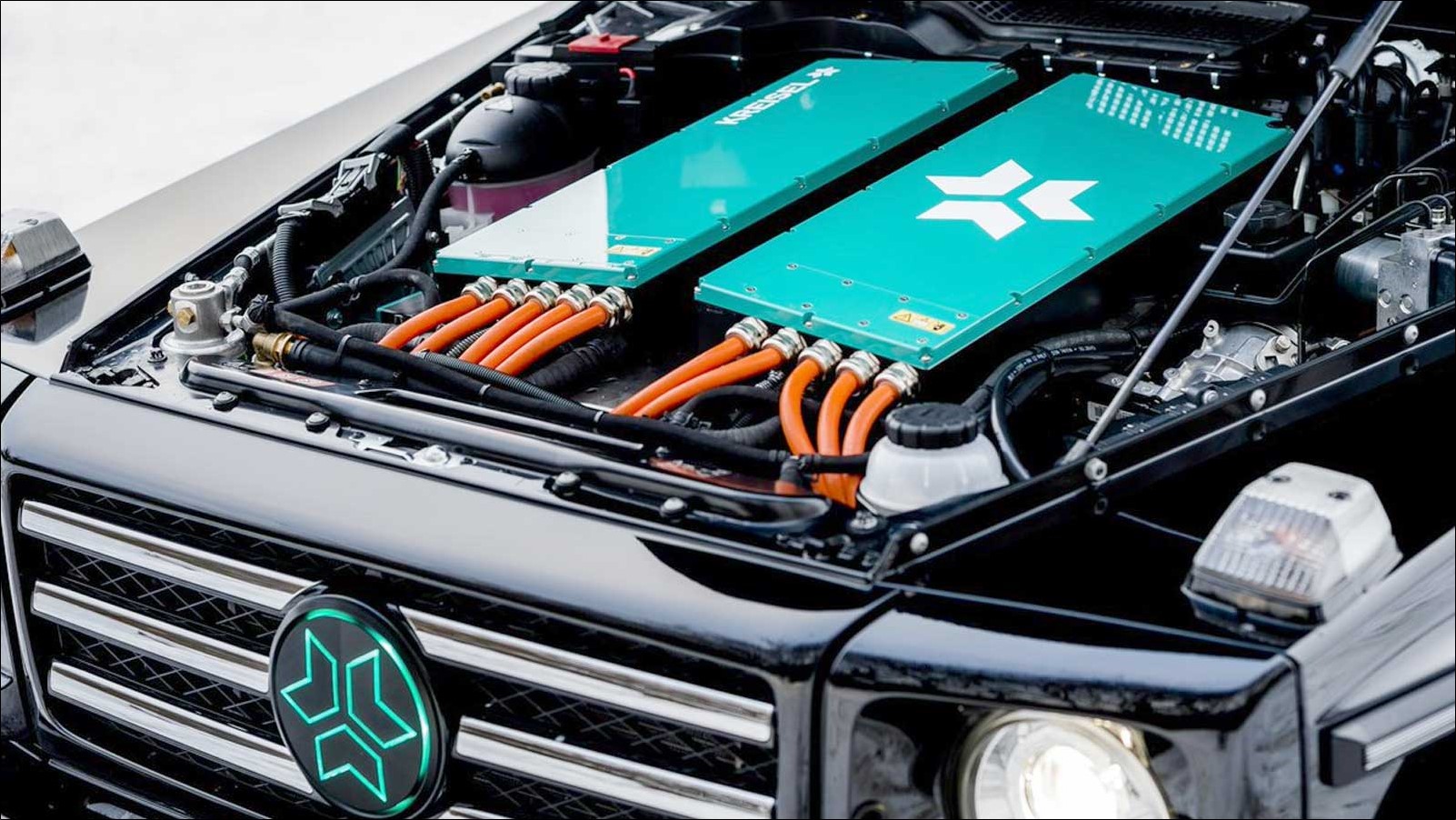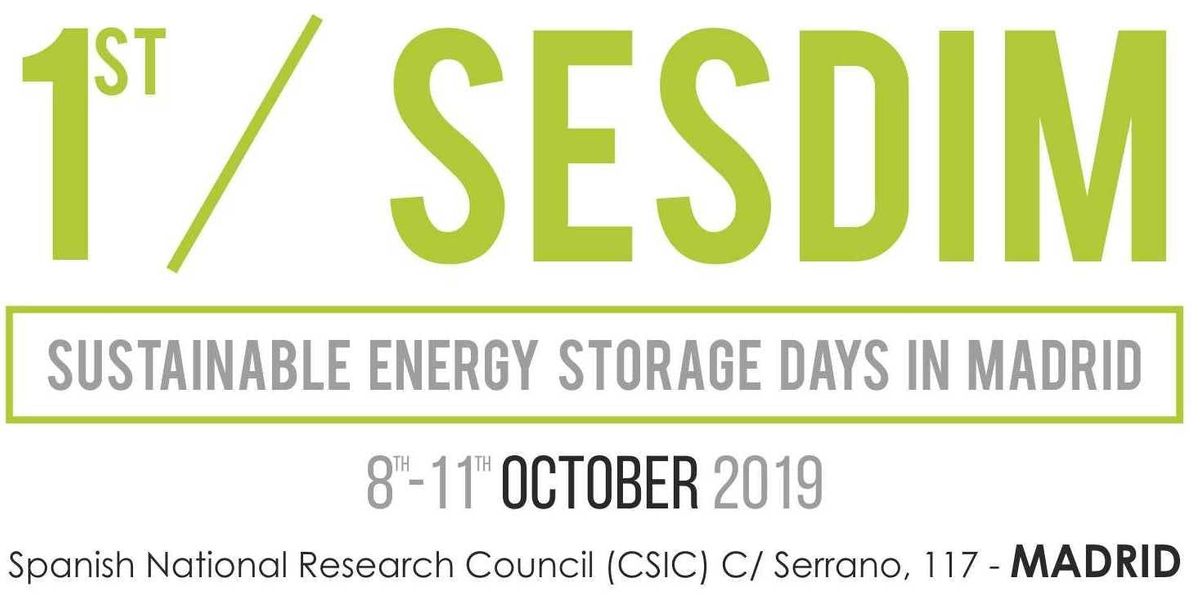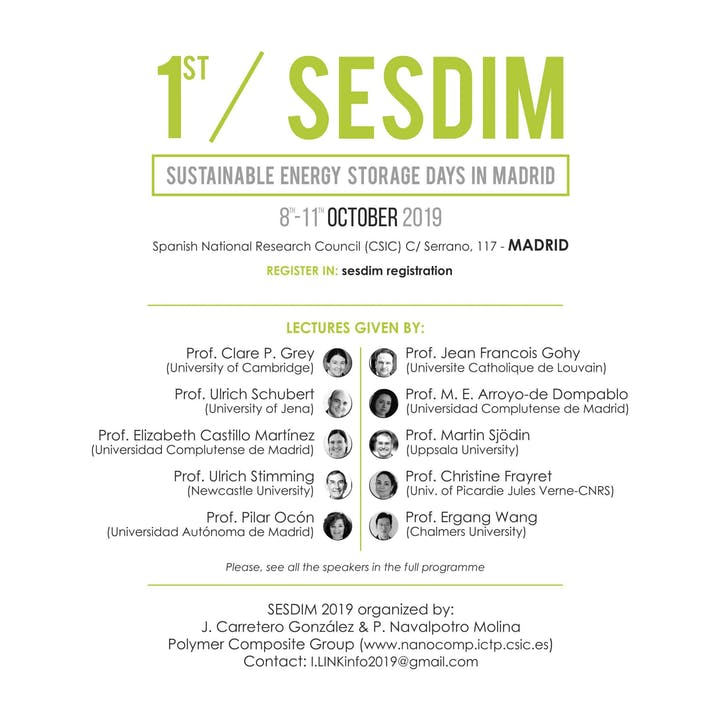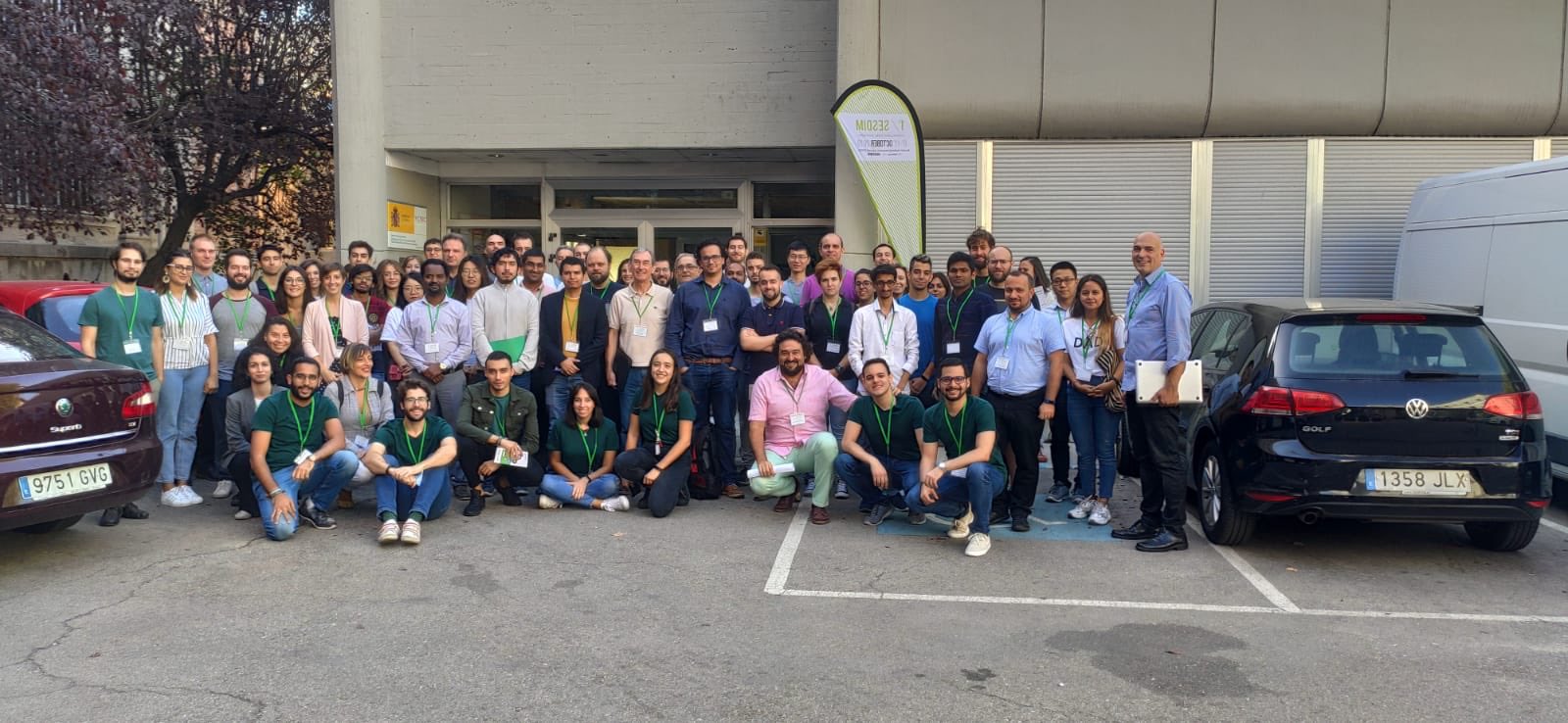ECPU publishes the latest research developments on Redox Microporous Polymers for Batteries in Advanced Functional Materials
Researchers from Electrochemical Processes Unit in collaboration with Photoactivated Processes Unit of IMDEA Energy have recently published an interesting article about on Redox Microporous Polymers for Batteries in Advanced Functional Materials. We have developed a new anthraquinone‐based conjugated microporous polymer that is easy to disperse, enabling the fabrication of high‐quality electrodes tested as cathode for high performance lithium ion batteries.
The reported redox microporous polymer exhibits ultra‐high specific surface area (>2000 m2 g−1) with dual micro‐mesoporosity. These interesting textural properties and the inherent robustness of conjugated porous polymers contribute to their excellent electrochemical performance such as high gravimetric capacity (100 mAh g‒1), excellent rate capability (50% capacity retention at 30 C) and unprecedented long-term cyclability, retaining 58% of its initial capacity over more than 80 000 cycles at 30 C.
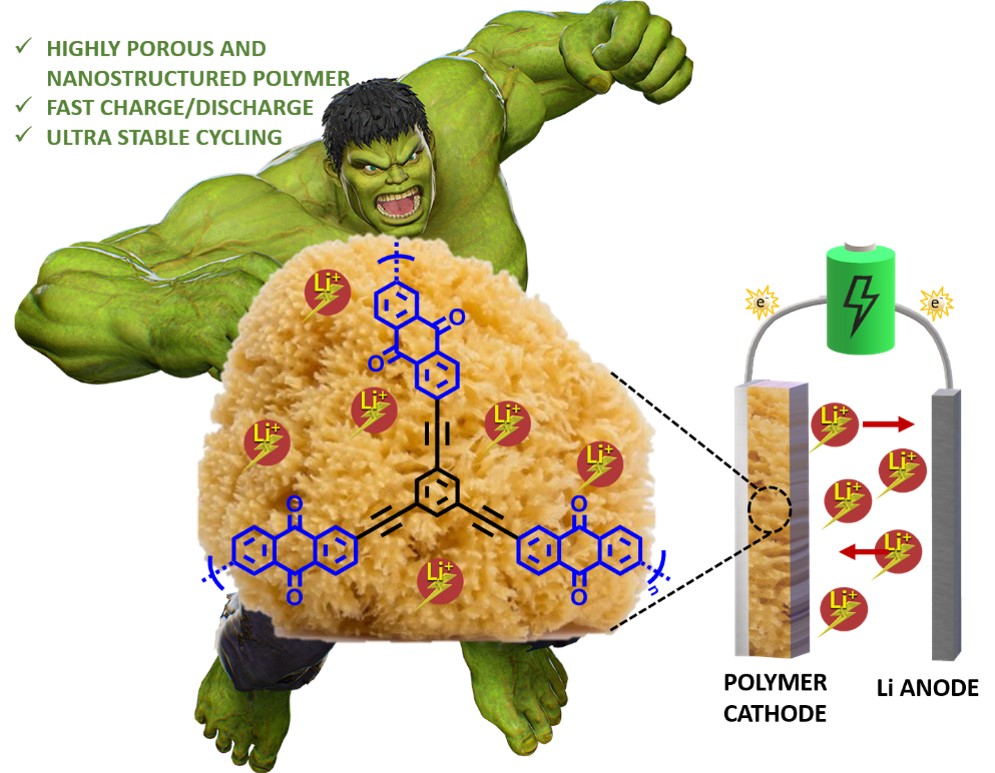
Read more about this interesting research in the following link:
A. Molina, N. Patil, E. Ventosa, M. Liras, J. Palma and R Marcilla*, “New Anthraquinone-based Conjugated Microporous Polymer Cathode with Ultrahigh Specific Surface Area for High-Performance Lithium-ion Batteries“ Advanced Functional Materials (2019) 1908074. https://doi.org/10.1002/adfm.201908074



